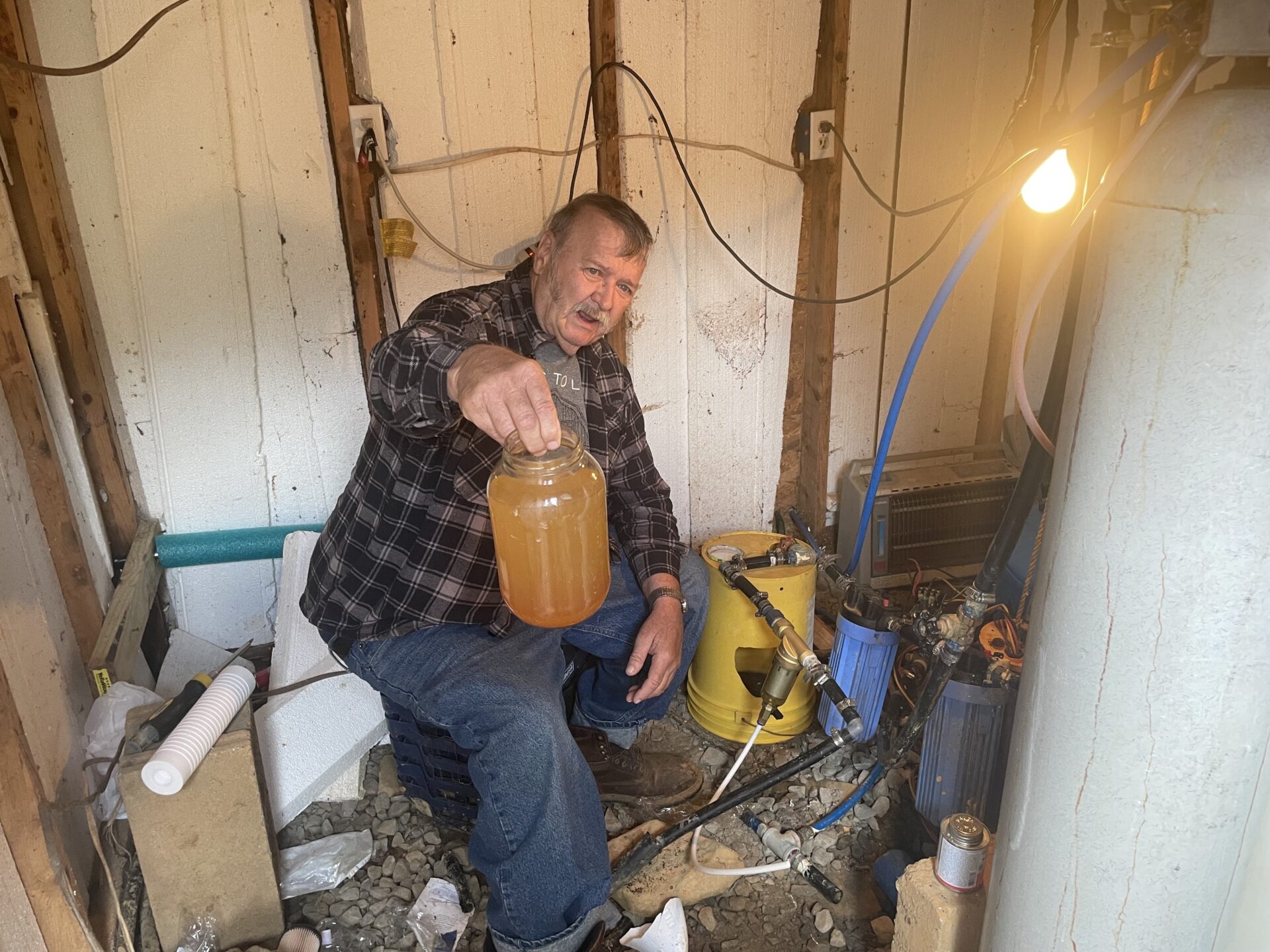High school seniors in West Virginia who sign-up to receive text message reminders for college preparedness are doing better in their first-year of college, according to a recent study. And findings show this prep tactic is even more effective in rural areas. West Virginia Public Broadcasting explored why and brings you this report.
Five years ago, select schools in West Virginia’s GEAR UP program, or “Gaining Early Awareness and Readiness for Undergraduate Programs,” participated in a national text message initiative to get high school seniors more prepared for college. That initiative spread statewide to all West Virginia high schools almost two years ago.
A University of Virginia study found that high school seniors in West Virginia who received these text reminders were almost 7 percent more likely to persist through their first-year of college. But among students from rural areas, that number jumps to 8 percent. Why?
“The magnitude of the effect is larger for rural students than it is for students overall,” said Katharine Meyer, a graduate student in Education Policy from the University of Virginia who helped author the study. She spoke with West Virginia Public Broadcasting via Skype.
“Particularly, rural students are coming from an area where we know from other studies, they may be the first person from their community to attend an individual college, because they’re coming from smaller high schools,” she noted, “and so we saw these messages as sort of, sending students messages of support, messages of belonging, and helping them feel like they were supported and welcome in the new community.”
The University of Virginia founded the national text message project. West Virginia was one of the first states to help pilot the project when it began five years ago.
West Virginia’s text message service is called “Txt 4 Success,” and it’s spearheaded here by the West Virginia Higher Education Policy Commission.
Students who opt into the program receive reminders throughout the year about things like financial aid deadlines and information about declaring a major. Most of these texts are automated, but if a student texts back with a question or concern, they’ll more than likely hear from a real person from either the West Virginia HEPC or a counselor at one of the program’s eight college partners.
20-year-old Concord junior Chelsea Goins is a first-generation college student and comes from a rural area. She commutes to Concord from Princeton and she’s involved in a lot of activities…
“I currently work in Concord University’s president’s office, admissions office, and campus bookstore,” Goins said, “I’ve cheered since my freshman year for our football and basketball teams. I also teach dance classes at Princeton Dance Studio and Princeton Health and Fitness Center.”
A lot… Goins says a big part of why she’s been able to stay organized and on top of all these activities while also doing well in school is “Txt 4 Success.”
“The text messages provide informational links and deadlines for orientations, FAFSA, enrollment checklists, sending transcripts, payment plans, and a lot more,” she explained, “It definitely helped me as a high school senior, because the texting service provided information I had never heard of.”
Goins says she found the program most helpful when it came to filling out the Free Application for Federal Student Aid.
“In high school deadlines are kind of negotiable. If you’re late, it’s okay, but with FAFSA, if you’re late, it’s over,” she noted, “you have to file it. And so, that was a hard thing to understand, that there was a deadline.”
Goins says she thinks the service has also been helpful overall for her age-group, because texting is how she and her peers communicate most frequently.
It was for that reason West Virginia HEPC Chancellor Paul Hill says he wanted West Virginia to help pioneer this program – because it’s an efficient way to communicate with young people and because it helps those first-generation students.
“We have found some mechanisms to reach student populations that we have not reached traditionally in the past; that through increased communication, we can have an impact on students by providing them with the types of information that they need to get, so I think it’s opening up a channel of direct communication to reach those students who need it most,” he said.
Hill says there are more than 22,000 students registered in the state’s texting service. All high schools in West Virginia are involved in the program, as well as Bluefield, Marshall, Shepherd, Concord, Fairmont, and West Virginia State universities, and Southern West Virginia Community and Technical College and West Virginia Northern Community College.
Hill says the HEPC’s focus now is on pushing more college prep in elementary and middle schools.
